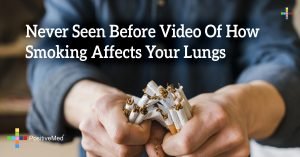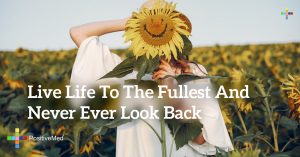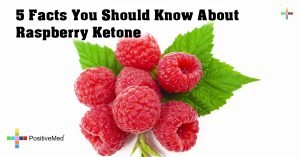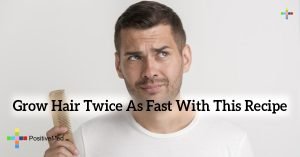What is NAFLD?
NAFLD or non-alcoholic fatty liver disease is an increasingly commonplace ailment wherein the liver fills with fat and can eventually scar. This accumulation of fat and subsequent damage happens in people for whom there are little outward risk factors of liver disease. This means, as the name suggests, there is no history of excessive alcohol consumption, but there is another potential underlying issue in these cases, and that’s choline deficiency.
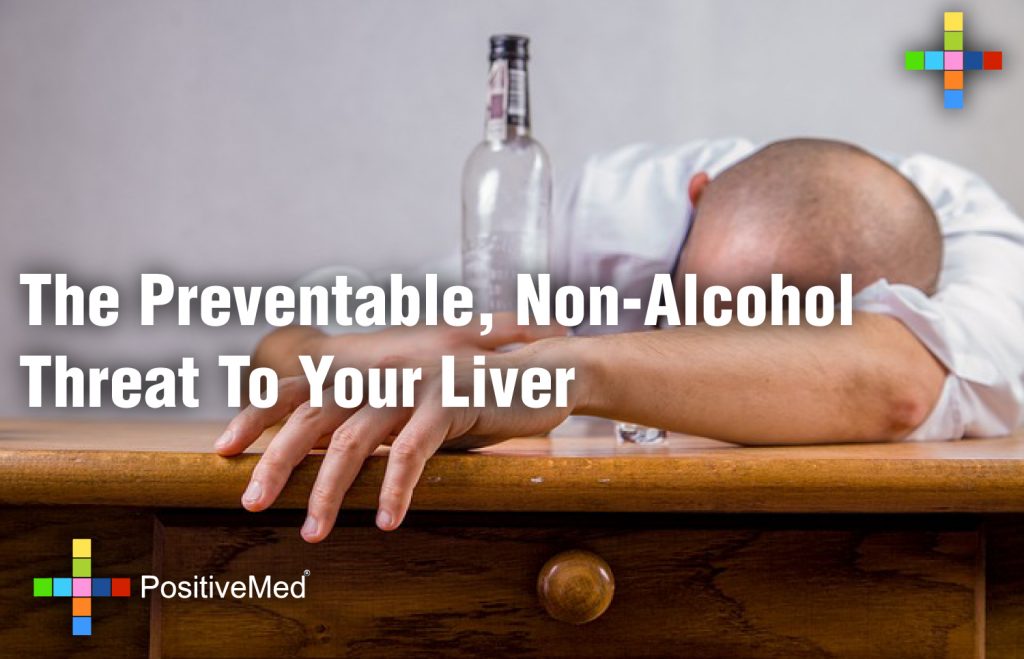
Fatty liver itself occurs primarily in people who ingest large amounts of sugar, particularly fructose. Found naturally in fruits and honey, fructose can only be metabolized by the liver. This poses a unique problem in modern diets because high fructose corn syrup is added to almost all processed foods, making it exceptionally available. It is part of the role of choline, however, to help break down and shuttle fats out of the liver.
It is this role of moving fats away from the liver which makes choline (or rather the lack of it) so important to the development of NAFLD. Besides transporting fat and cholesterol, choline itself plays a large role in many integral functions within the body.
A necessary nutrient
Because even healthy saturated fats can contribute to fatty liver disease in a lack of choline, it really is essential to avoid what is a very devastating diagnosis. In addition to this, choline plays a vital role in:
• Fetal development, particularly the brain and vision development
• Neuron health, contributing to the healthy development of myelin, specifically helping repair demyelinated nerves
• Fat transportation into cells for healthy functioning
• Cellular communication
• Mitochondrial function
So it’s obvious that choline is critical for every stage of life, from developing fetus to old age. While cutting sugar out of your diet – at least drastically if not altogether – will have a protective and healing impact on fatty liver disease, the simplest thing to do at first increases your choline intake.
Choline-rich nutrition
So chances are you’re concerned with fatty liver disease, and the brilliant thing is that you can actually, actively do something about it. By ingesting a variety of healthy, whole foods that are full of choline, you can drastically increase your liver’s ability to rid itself of cholesterol and prevent the buildup of fat deposits.
While it is possible to get choline from supplements, just like most nutrients it’s best to get it from actual food, including:
• Wild caught, cold water salmon
• Krill oil (though krill oil is technically a supplement, the choline hasn’t been extracted and is present in its natural form, which is what you want)
• Certain vegetables, particularly cruciferous veggies like broccoli and cauliflower
• Grass-fed beef liver
• Spinach
• Peanuts
Beyond all of these, though, the best and most accessible source of choline is eggs. Fresh, free-range eggs are full of omega-3 fatty acids which are critical to healthy living, but they’re also the highest source of choline available. With around 125mg of choline per large egg, it wouldn’t take much more than 3-4 per day to get your daily recommended intake. If you needed another reason to balk at the “science” that claims eggs are unhealthy, this is it.
Eat your eggs
The best way to supplement any nutrient is through, well, nutrition! By eating a balanced, low sugar diet and ensuring you’re eating choline-rich foods, your liver will heal from any NAFLD that has begun to creep up, and it will prevent it from taking hold in the future


